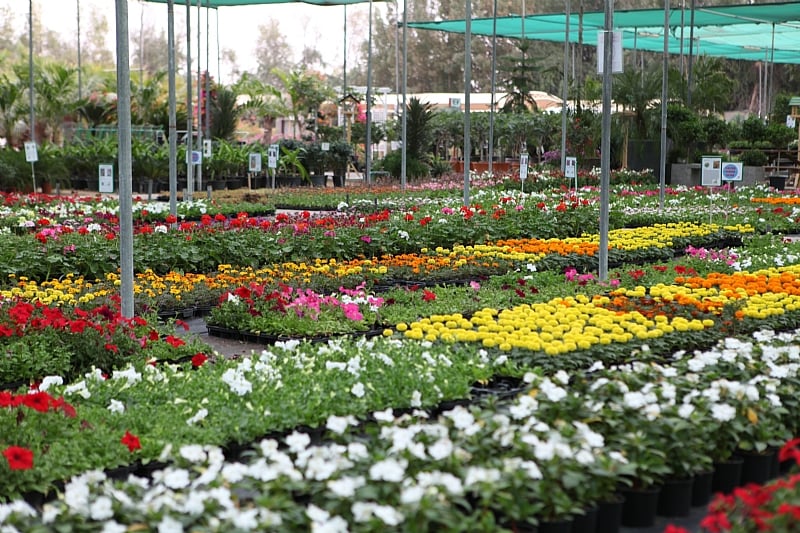The urban landscape of the Middle East is undergoing a dramatic transformation, driven by rapid urbanization, intensifying climate pressures, and ambitious sustainability goals. Landscaping, traditionally viewed as a purely aesthetic element, is now recognized as a critical component of urban infrastructure, contributing significantly to the resilience, functionality, and long-term value of cities. It is no longer an afterthought, but rather an integral part of urban planning, on par with roads, utilities, and transportation networks. This paradigm shift is evident in the growing emphasis on performance-based landscaping, where green spaces are evaluated based on their tangible contributions to urban sustainability and livability, such as reduced cooling loads, improved stormwater management, enhanced biodiversity, and community well-being.
This shift towards performance-driven landscaping is fueled by a growing understanding of the vital role plants play in creating sustainable urban environments. Plant-focused infrastructure, incorporating native or adaptive species, specialized plant palettes for microclimates, and efficient logistical plant movement and care, is becoming increasingly important. Wahat Al Sahraa, the plant nursery division of Desert Group and home to the UAE’s largest production nurseries, plays a crucial role in this transformation by providing expertise and resources for large-scale developments across the region. They offer advice on plant selection, develop specialized plant palettes tailored to specific microclimates, and support the logistical aspects of plant movement and care, ensuring the long-term success of landscape projects.
Technology is another key driver of this evolution, enabling smarter and more efficient green infrastructure solutions. Precision irrigation systems, remote monitoring tools, and data-backed plant palette modelling are just a few examples of how technology is transforming the landscape industry. Developers are increasingly valuing this data-driven approach, using it to align with sustainability KPIs, reduce operational costs, and meet performance expectations. Climate-sensitive design, incorporating heat-tolerant vegetation and species adapted to high-salinity or low-water conditions, is becoming a core requirement for projects across various sectors, including hospitality, residential, and public spaces. This necessitates early and close collaboration between planners, landscape consultants, and plant experts to ensure optimal outcomes.
The unique climate challenges of the Middle East make these shifts not just theoretical, but practical and urgent. Rising urban temperatures demand effective shade strategies, the selection of heat-tolerant vegetation, and the careful consideration of species that thrive in challenging conditions. Wahat Al Sahraa works closely with governments, developers, and contractors to address these challenges, providing expertise in building climate and soil-specific plant palettes, growing and supplying plants for diverse landscape projects, and even relocating mature trees to preserve ecological continuity. In this context, plant knowledge becomes a tool for adaptation and resilience, not just beautification.
Desert Group’s participation in Myplant & Garden Middle East 2025 underscores their commitment to this evolving landscape. The platform provides an opportunity to share practical insights, learn from industry peers, and explore the role of plant nursery expertise in shaping the future of green cities. Desert Group aims to engage not just as a supplier, but as a collaborator in building more adaptive, resilient, and sustainable urban environments. This reflects a broader industry trend towards collaborative partnerships, where knowledge sharing and innovation are key to addressing the complex challenges of urban development in the region.
The future of landscaping is undeniably about performance, not just decoration. For governments, this translates into climate resilience. For developers, it means long-term value and enhanced property appeal. And for communities, it signifies healthier, greener, and more livable urban spaces. The landscaping industry is undergoing a significant transformation, moving from a purely aesthetic focus to a more holistic and performance-driven approach. Desert Group, through its expertise and commitment to innovation, is playing a vital role in this evolution, contributing to the growth of smarter and more sustainable cities, one plant at a time. Their approach exemplifies the growing recognition of landscaping as a crucial element in creating vibrant and resilient urban ecosystems.


